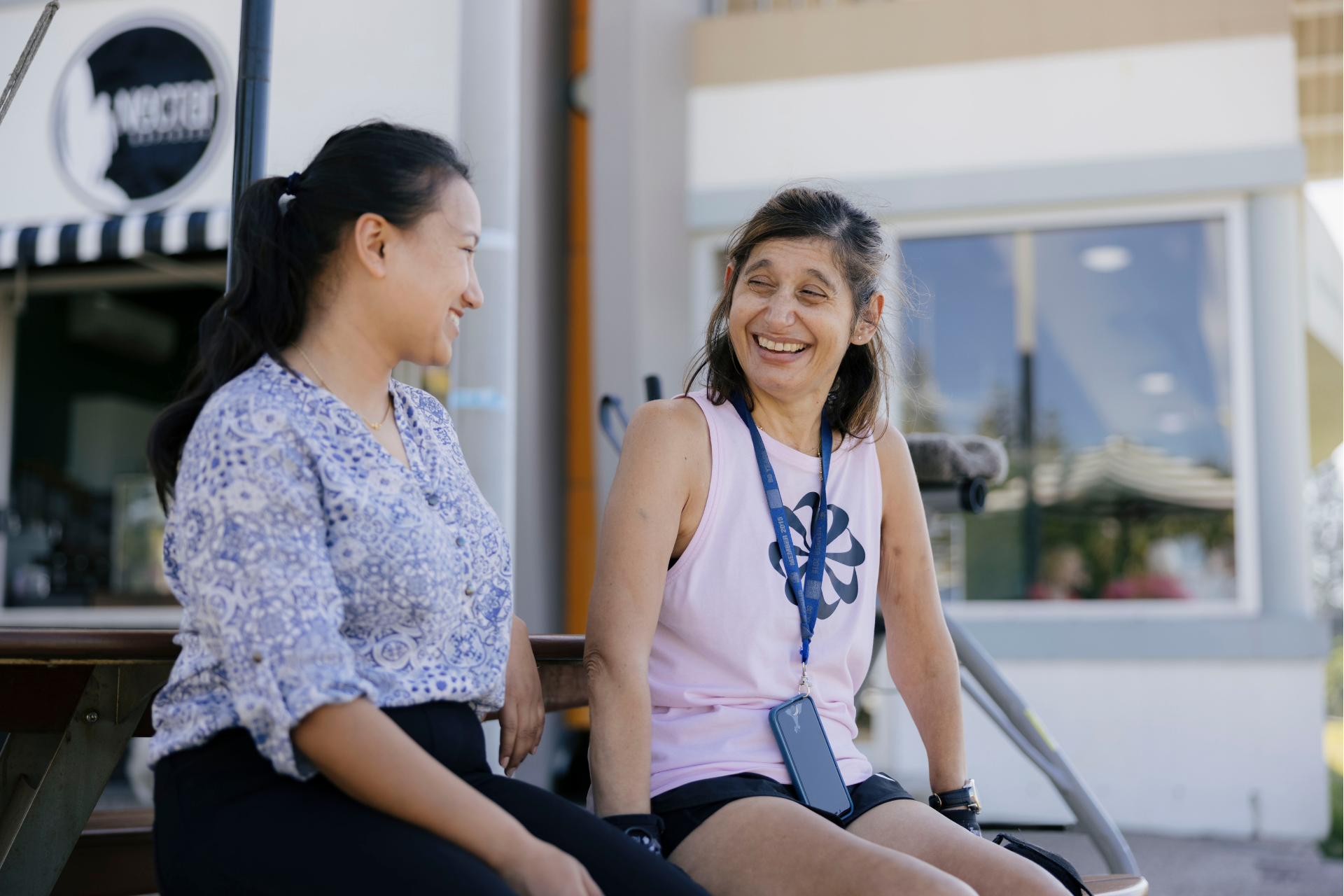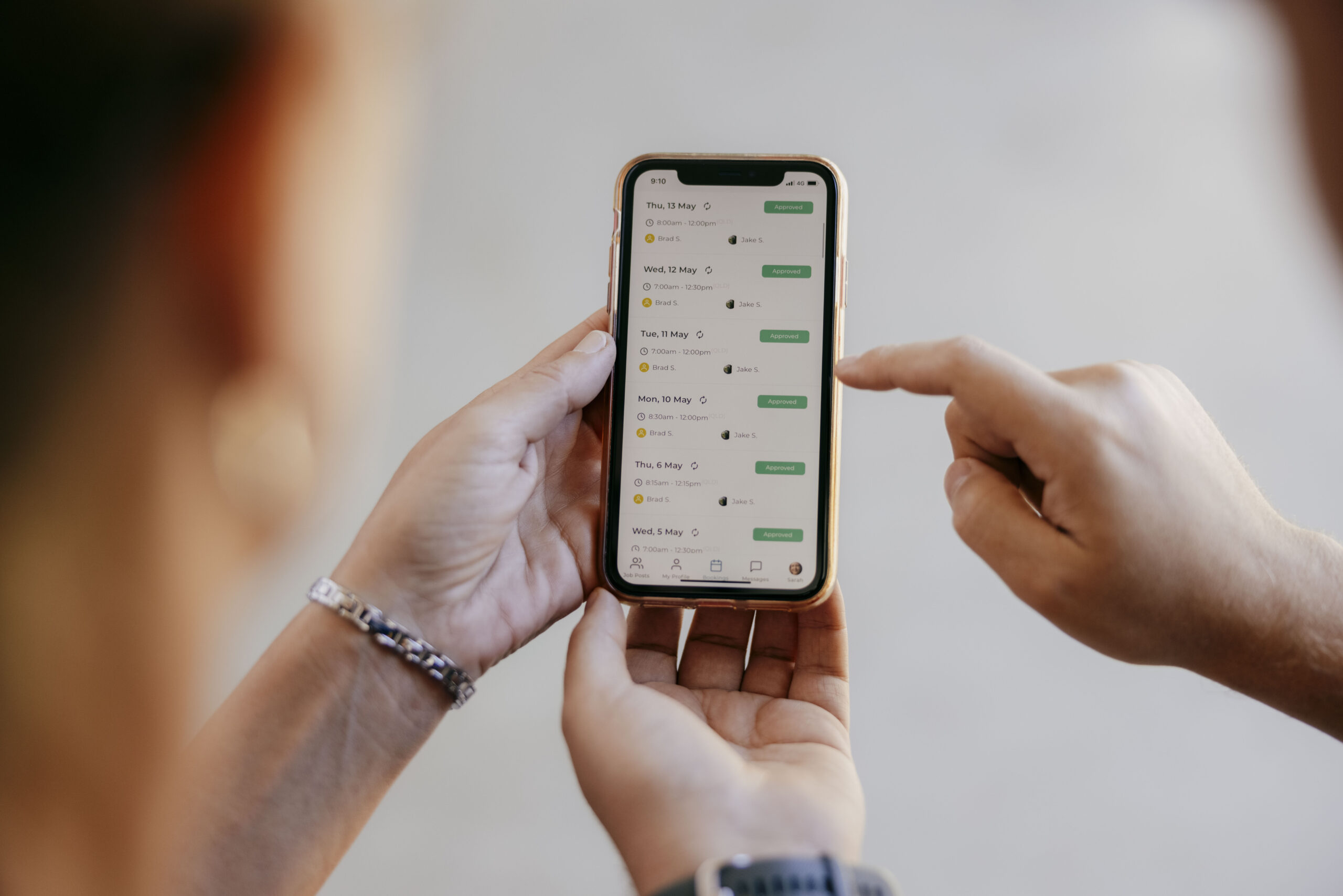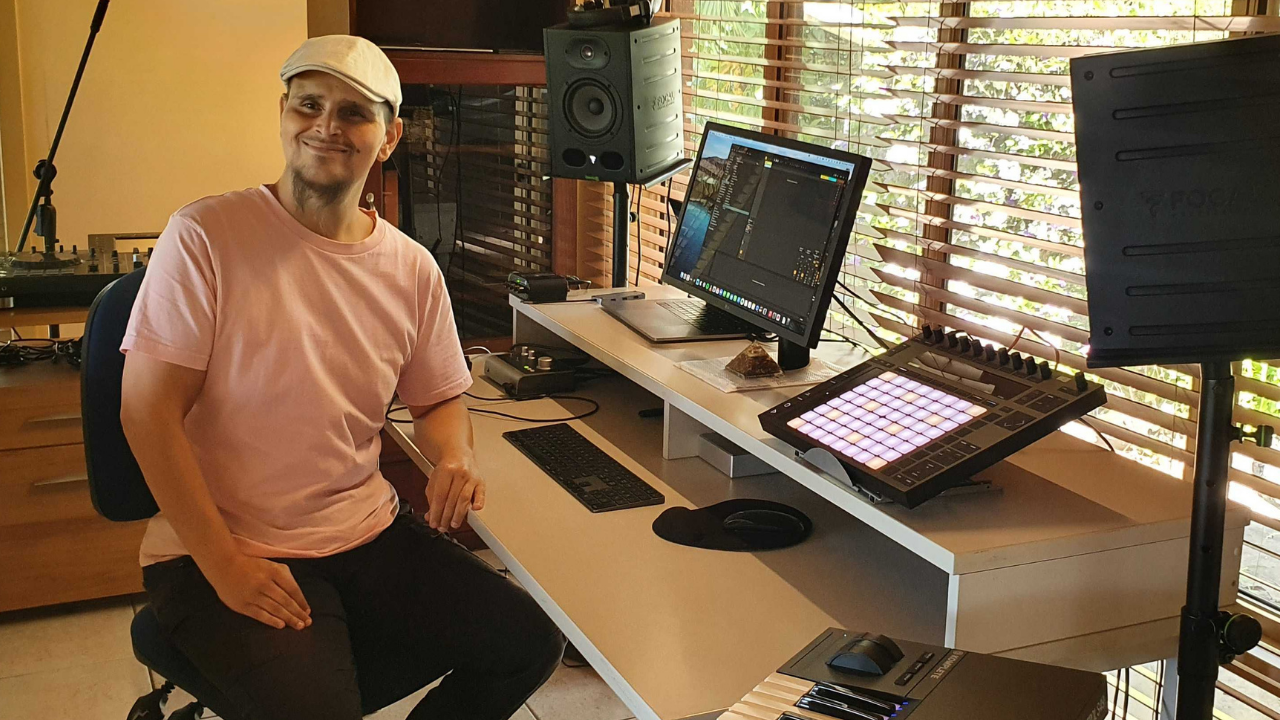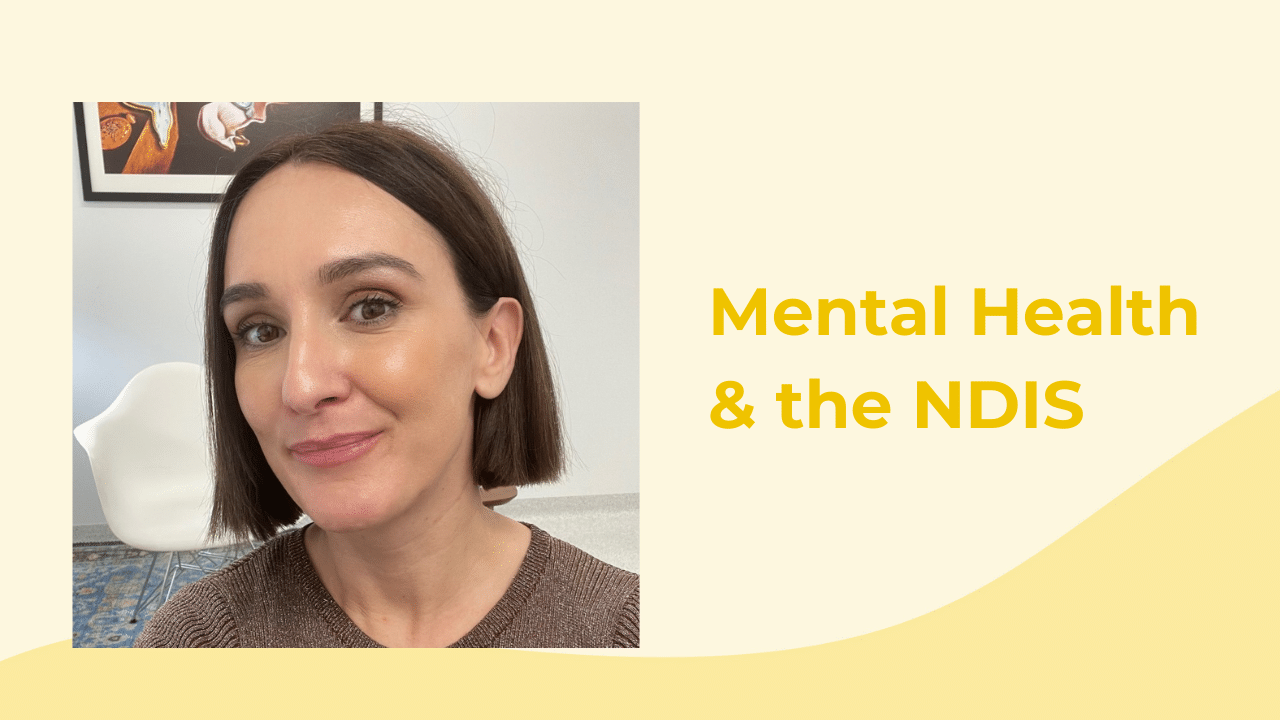Your NDIS Planning Meeting is a discussion to understand what support you need and how the NDIS can best serve you. It's a part of the process the NDIA uses to create your plan - so it’s important to do your homework and come prepared!
There’s no need to stress though – we’re here with the tips and tricks. In this article, we'll look at what a planning meeting is and how you can best prepare for it.
Armed with this knowledge, we hope the whole process feels a bit less daunting!
What Is An NDIS Planning Meeting?
Your NDIS Planning Meeting takes place after your initial approval for NDIS support and funding. It will be a discussion between you, a Local Area Coordinator (LAC) and any other support person you bring along.
A LAC doesn’t work for the NDIA directly. They are assigned to you as an independent organisation to assist you and act on your behalf to help formulate your plan. Eventually, they will present your information, so that the NDIA can formalise and approve your plan.
What Questions Will I Be Asked During My NDIS Planning Meeting?
Your NDIS Planning Meeting is a chance for your LAC to collect as much info as they possibly can about you: who you are, what makes you happy and fulfilled, how your daily life looks and what NDIS support you need. This means you can expect a lot of questions.
Your LAC may ask about any therapy you currently receive, any special equipment you use, the support you currently receive and the community engagement you currently have. They will ask questions that help to clarify your all-important goals.
How Can I Prepare For My NDIS Planning Meeting?
There are three main ways you can prepare. You can also check out the NDIS Website to learn how to prepare for your first NDIS planning meeting.
Collect All Your Official Documents—this includes any referrals or reports that may support your requests for funding or showcase your needs. For example, a statement from your current Support Worker or a report from your physiotherapist. You may also wish to have all your personal details written down such as emergency contacts, postal address, etc. It might also help to make a list of any current support you receive and any specialised equipment that you have access to.
Contemplate Your Circumstances—consider what you hope to get out of your NDIS funding. This is a less official preparation step, but some would say it’s more important. This preparation will gear you up for discussions around your goals, which are super important to your NDIS plan and form the foundations of your funding. Things to consider include your relationships, employment, education, personal interests and hobbies, struggles and triumphs, home life, things you love and things that cause you frustrations.
Understand the 3 ways to manage your NDIS funds, and request what you prefer.
NDIS Plan Goals
The Importance Of NDIS Plan Goals
When we’re talking about NDIS Plan Goals, we’re not talking about joining a sports team or breaking a world record! If you’re ambitious with your goal setting, that’s great! But it’s important to set goals that are realistic and empowering for you.
There are typically three ways to classify NDIS goals:
- Social goals, e.g. making friends or feeling more involved in your community;
- Physical goals, e.g. gaining new muscle strength or steps in rehabilitation; and,
- Independence goals, e.g. handling your own finances or catching transport.
Your LAC is likely to ask you to name 1-2 short-term goals and up to 5 medium or long-term goals: short-term goals refer to anything you hope to do within 12 months; medium to long-term goals mean anything that would take a little longer.
You may find that short-term goals build into something bigger in the future!
Goal Setting For Your NDIS Plan
You should also spend time thinking about the various areas in your life.
Your relationships, health, work, business, creativity, independence and social life are just some of the factors to give thought to that may help shape them.
These goals aren’t set in stone and are likely to evolve over time.
Some things that may inspire a change to your goals include:
Moving house
Completing a course or university degree
A change in your condition
A change in your interests or personal feelings
New friends or employment
I'm Struggling To Come Up With Goals - What Can I Do?
If you’re struggling to come up with goals, try shifting your thinking: instead of asking yourself “What are my goals for my NDIS support plan?”, try considering what makes you happy and what causes you frustration.
These are often easier questions to answer and will eventually lead you to a good list of goals as they highlight the things that could make a difference in your life!
- Example: If not being able to prepare your own dinner at night frustrates you, then becoming more independent with meal preparation would be a great goal. There may be assistive technology or supports to help work on this.
You don’t necessarily need to come up with the answers as to how you will achieve your goals specifically and also, your LAC might have some ideas and advice.
Your goals also don’t need to be very specific–they can be vague.
Tip - For example instead of noting down ‘make 6 friends’ you might put ‘feel more socially connected’. This keeps things achievable and satisfying.
Remember that funding is given specifically to help you achieve your goals, so this is an important part of the first NDIS Planning Meeting. Take time to prepare well!
Checklist For NDIS Planning Meetings
The checklist below summarises everything we’ve covered in this article! If you can tick all these boxes, you’re well prepared and should have zero concerns about your first NDIS planning meeting.
A checklist of things to prepare and take to my NDIS first planning meeting:
- ☐ Prepare all supporting documents (inc. letters from doctors or specialists)
- ☐ Write down some notes after considering my short term and long term goals.
- ☐ Think about my daily life and how I would like it to improve
- ☐ Write a list of my current supports, services and equipment used
- ☐ Write a list of any questions or concerns that I have
- ☐ Have all my personal details handy
- ☐ Speak to a support person about joining me for the meeting
- ☐ Understand the different NDIS Plan Funding Types and your preference
- ☐ Look back at my original submission to the NDIS so that it’s fresh in my mind
Summary
Good news: your first NDIS planning meeting isn’t a test or an exam!
That means there are no secrets as to what the meeting is likely to entail and there’s no pass or fail. It’s essentially just a discussion to get to know how the NDIS can best serve you, so there’s no need to stress. But... preparation does help!
The more information you can give and the more you prepare, then the more likely it is your LAC will craft a plan that accurately represents your needs and life goals.
We hope your NDIS Planning Meeting goes well!
























